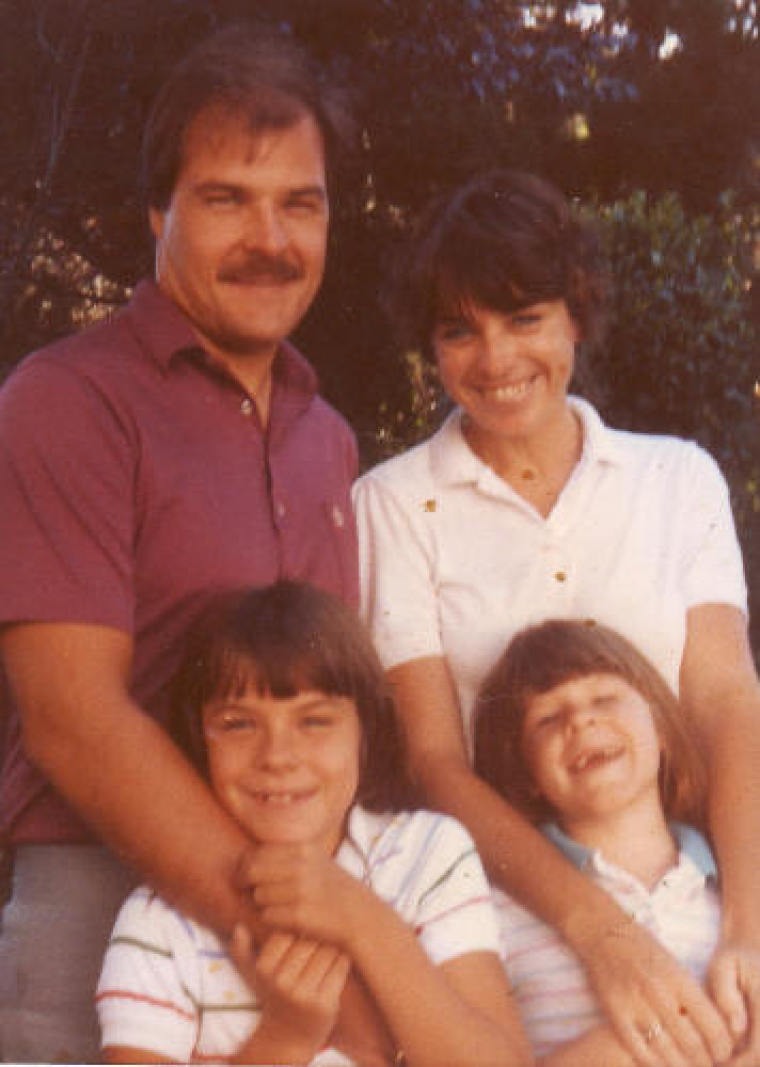
This international invitation came from the Sydney Christian Sports Fellowship, which was made of Christians who were reasonably prominent in their sport, certainly some more so than others. I was associated with this fellowship group and attended several fellowship meetings, some with visiting international tennis players.
The leaders of this Sydney Christian sports fellowship group were in contact with an American who was at the forefront of two Christian movements taking root in Christian thinking at that time.
The first was a ministry to Christian athletes that centered on thoroughly preparing them for their pubic 'platform' and training them to speak into the hearts of their hearers of the Salvation of Jesus Christ. The second was a theological and philosophical journey where each Christian becomes a brother or sister in spiritual accountability with a small group of like minded Christians.
The Hong Kong conference awakened me to the potential that Sport held within its domain as an industry to host 'chaplains' within their midst in a 'pastoral care' program. Professional sport was and remains a cut throat business, where athletes are bought and sold towards the end purpose of winning trophies and thereby increasing the value of an asset/s.
At that time I was serving two days a week as an industrial chaplain in Sydney with the InterChurch Trade and Industry Mission (ITIM) and I took this Hong Kong conference invitation to ITIM and my own Baptist Denomination. Both endorsed my attendance and the rest is history. This was the beginning of what became the Sports and Leisure Ministry.
The Hong Kong sports mission conference was an eye opener on many counts. I came away with a broad vision from my industrial chaplaincy experience, that high profile athletes and their families seemed so far removed from pastoral Christian ministry, and this should be provided within professional sport itself with the administration a partner in this endeavour. This was essentially the successful model I negotiated with Australia's professional sports from 1982-2000.
Another was the cultural nature of sport. Every sport has its own culture, and moreover every nation have their own sport culture. There two aspects of cultural influence are constantly over lapping.
Field hockey is a highly successful and large participatory sport in Australia, the Kookaburras and Hockeyroos constantly perform at the highest level on the international stage. Yet, not even one American I met at that Hong Kong conference knew anything about field hockey. On the other hand, in Australia, field hockey hardly gets a mention in media dispatches over against Cricket, AFL, NRL, Rugby, Swimming, Surfing and the like.
Likewise, Christian participation has these multi-layers. Christian 'brotherhood' for personal spiritual accountability functions at one level, but so does one's personal devotions, prayer, family, the local church, home groups, overseas and home missions, education, music, entertainment, community benevolent activities and a whole lot more. These overlap in a myriad of ways and all are important to the wider Christian culture in my understanding of being a follower of Jesus Christ and within my own culture.